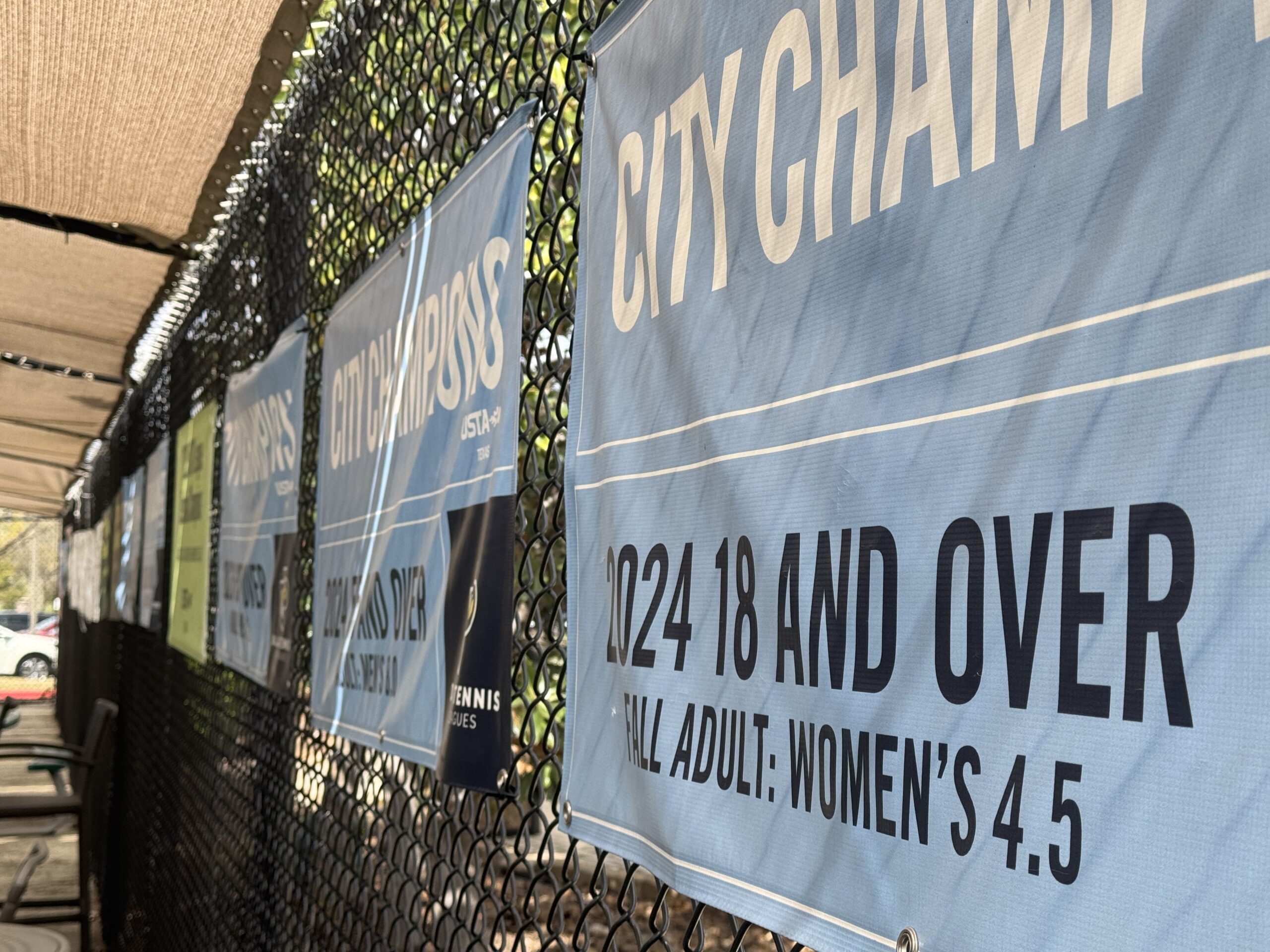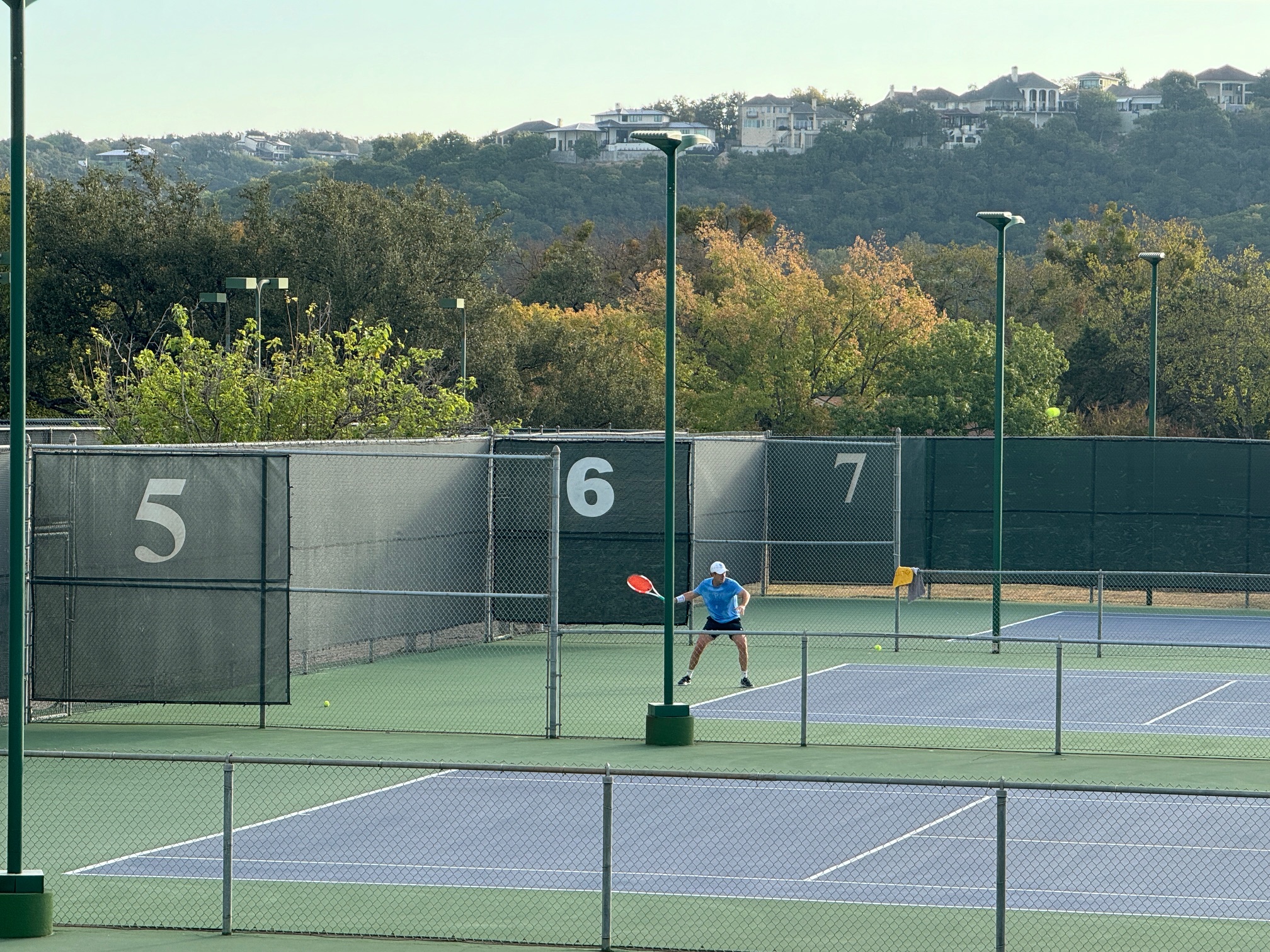CoCo Gauff and Jessica Pegula teamed up to play doubles at this year’s US Open. They were bounced out of the tournament in a contentious loss to Leyla Fernandez and Daria Saville. A controversial let call at 7-5 in the third set tiebreaker highlights a gray area within the rules applicable to that match.
A paper wrapper blew down from the stands behind Gauff and Pegula in the middle of the point. Australian Daria Saville noticed it, raised her hand, vocally called for a let, and stopped playing. All that came moments before Fernandez popped up a short lob sitter that Gauff easily put away.
Here is a still screen capture of that crucial moment.

In the ESPN video of the incident, Saville’s hand is clearly up before Fernandez played the ball. However, the point unfolded so fast that I had to watch the clip several times before realizing that Saville’s call was made that early.
Nevertheless, Twitter erupted with self-righteous indignation when the umpire granted the let. Pegula and Gauff were also incensed because they couldn’t see the paper that induced the call since it was behind them. Additionally, their eyes were focused on the ball and Fernandez rather than Saville.
One of the chief complaints expressed on Twitter was that Saville was not allowed to make a let call. The fact that any player can make a let call in recreational play seems to be universally understood. After all, only the players can make that call in the absence of officials.
My first reaction to that line of thinking on Twitter was that it is clearly stated in the ITF Rules of Tennis that any player can make a let call. Fun fact, it is not there. The Grand Slams are played under an umbrella of the ITF Rules of Tennis as augmented by the Grand Slam Rulebook. Another fun fact: specifically who can call a let is not specified in that document either.
My American understanding of the rule is formalized in “The Code” section of the USTA Friend at Court. However, that document is not in scope for the US Open.
This is an awesome situation where I thought I knew the applicable rule, only to find that it isn’t clearly specified. Next Wednesday, we will explore the well-documented wording in the USTA Friend at Court that is applicable to this situation.
- You’re Stealing Points from Us, ESPN Video
- ITF Rules of Tennis, 2022.
- Friend at Court: The Handbook of Tennis Rules and Regulations, USTA, 2022
- Official Grand Slam Rulebook, ITF, 2022.




Interesting! Looking forward to the follow up next Wednesday!